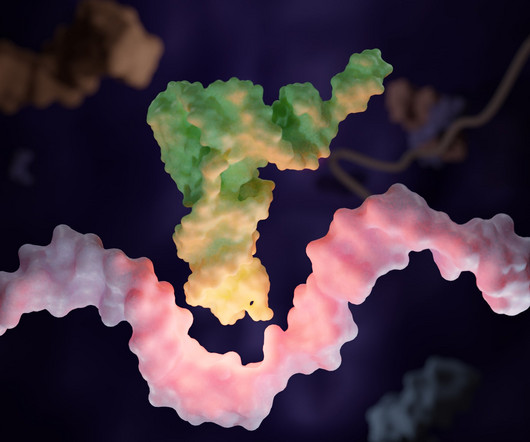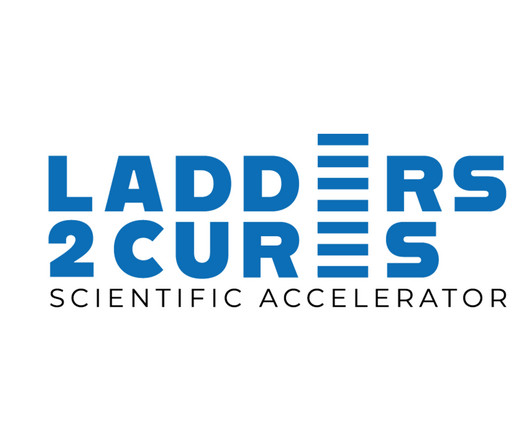The AI model that is changing clinical trial design
Drug Target Review
JULY 1, 2025
Clinical trials are expensive, slow and often limited by outdated design constraints. Placebo arms, in particular, create ethical and logistical hurdles, especially in areas like rare disease and oncology. At Unlearn, he is focused on bringing digital twin technology into active use across both early and late-phase trials.
















































Let's personalize your content